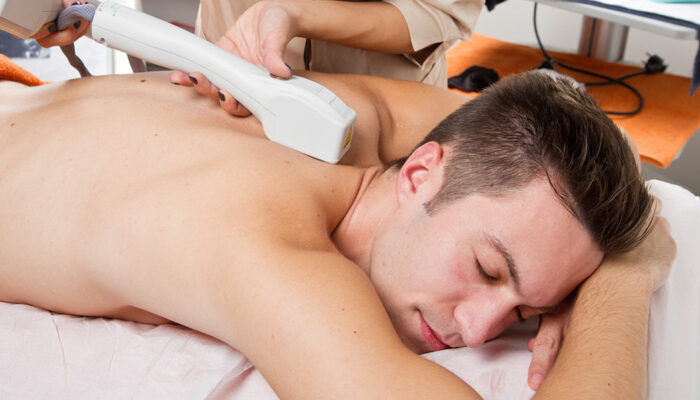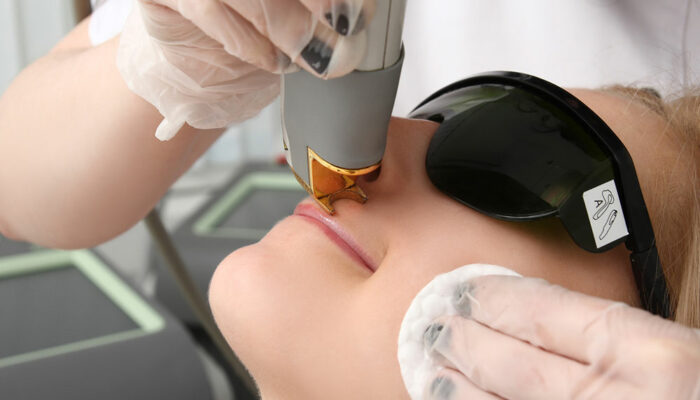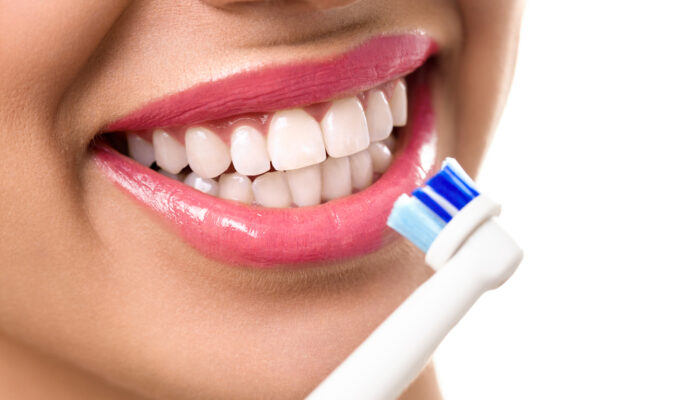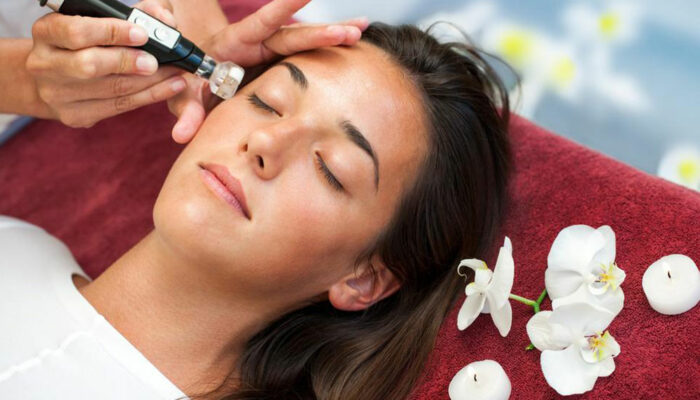
6 Tips To Manage An Overactive Bladder
Having an overactive bladder (or OAB) often means more frequent trips to the bathroom. Patients may also find themselves unable to do the things you like because of this condition. Additional symptoms of OAB include planning ahead to avoid bathroom emergencies and embarrassing urine leakage. There are many causes of an overactive bladder, including issues with the bladder, neurological disorders, back issues, and more.
There are several ways that you can manage OAB, including:
1. Kegel exercises
If you suffer from an overactive bladder, Kegel exercises may help you to control your bladder. These exercises help to increase the strength of your pelvic floor muscles. For people who suffer from bladder leaks, tightening up the pelvic muscles will stop the issue.
2. Wearing protective undergarments
If you have OAB, you may want to consider wearing pads or underwear made for people with an overactive bladder. These will help to protect your delicate skin if you have an accident or a leakage. Manufacturers have come a long way with these items. They are no longer bulky and hard to wear.
3. Planning ahead
If you are going out, make sure that you have a plan in place. Planning for your OAB is imperative so that you do not have any issues. For example, if you plan on going on a road trip, make sure that you know where the rest areas are. You will also want to make sure that you put plenty of time into your travel requirements for frequent bathroom breaks.
4. Knowing your triggers
For some people, OAB can be triggered by certain foods or drinks. For example, caffeine, alcohol, and citrus can all be a trigger to your bladder. If you find that these do cause your overactive bladder to flair up, avoid them, or only drink them in moderation.
5. Ensuring proper hydration
People that suffer from this condition think that if they drink less, they will avoid triggering their bladders. However, this is a recipe for disaster. If you avoid liquids, you could be dehydrating yourself. Dehydration can cause damage to not only your bladder, but your kidneys as well. Drinking water, and maintaining proper hydration can help your OAB.
6. Keeping a schedule
One of the best things that you can do if you suffer from an overactive bladder is to set up a schedule. You will want to make sure that you drink enough to keep yourself hydrated and avoid any triggers and overconsumption of liquids. It is also a good idea to limit what you have to drink before you go to bed. This will help minimize the number of times you wake up having to go to the restroom.
While having an overactive bladder can be annoying, there are ways that you can manage this condition. Proper diet, exercising, and making a schedule will help ensure that you are doing everything you can to help your situation. If you continue to have trouble with OAB, see your doctor as soon as possible. They will be able to help you determine the reason for your condition and give you further tips to manage it.



